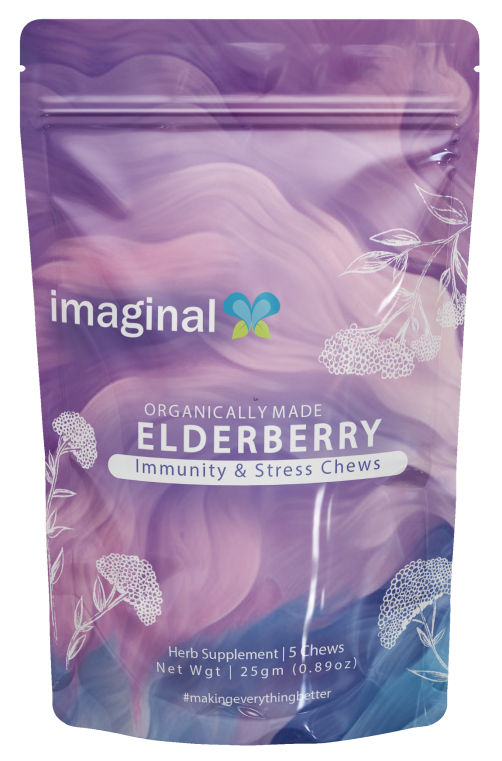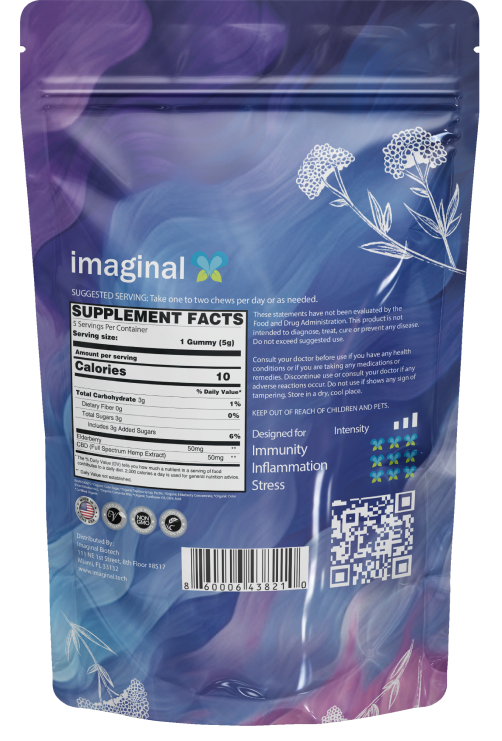Cbd For Headaches: Complete Professional Guide 2025
Headaches are a common ailment that affects millions of people worldwide, leading many to seek effective and natural solutions for relief. In recent years, CBD (cannabidiol) has gained significant attention as a potential remedy for headaches. CBD for headaches is becoming increasingly popular due to its natural properties and the growing body of research supporting its efficacy. This guide delves into the science behind CBD, how it interacts with the human body, and its potential benefits for headache relief. Whether you're a seasoned CBD user or new to this natural remedy, this comprehensive guide will provide you with the insights needed to make informed decisions about using CBD for headaches.
Table of Contents
Product Overview
CBD for headaches typically comes in various forms, including oils, capsules, edibles, and topical applications. Each form has its unique benefits and methods of consumption. CBD is extracted from the hemp plant and contains less than 0.3% THC, making it a non-psychoactive option for those looking to relieve headaches without experiencing a "high." The primary appeal of CBD lies in its interaction with the endocannabinoid system (ECS), which plays a crucial role in regulating pain, mood, and inflammation.
Research has shown that CBD may help modulate pain perception and reduce inflammation, making it a potential candidate for headache relief. A study published in "The Journal of Pain" found that cannabinoids may be effective in treating chronic pain conditions, including headaches. Users often report a reduction in the frequency and intensity of their headaches when incorporating CBD into their wellness routines.
As the market for CBD products continues to expand, it is essential for consumers to understand the different types of CBD available, including full-spectrum, broad-spectrum, and CBD isolate. Each type has varying levels of cannabinoids and terpenes, which may influence its effectiveness for headache relief. This guide will help you navigate the complexities of CBD products, ensuring you find the right option for your needs.
Key Features
When considering CBD for headaches, it’s vital to understand the key features that distinguish quality products in the market. Here are some essential aspects to look for:
- Third-party Testing: Quality CBD products should be tested by independent laboratories to verify their potency and purity. Look for products with accessible lab results.
- Source of Hemp: The origin of the hemp used can significantly affect the quality of the CBD. Opt for products sourced from organic, non-GMO hemp farms.
- Extraction Method: CO2 extraction is the preferred method for producing high-quality CBD, as it preserves the cannabinoids and terpenes effectively.
- Full-spectrum vs. Isolate: Full-spectrum CBD contains all cannabinoids and terpenes, potentially enhancing the entourage effect, which may improve headache relief.
- Product Form: Consider how you prefer to consume CBD. Oils offer quick absorption, while capsules provide convenience, and topicals allow for targeted relief.
Benefits
Using CBD for headaches offers several potential benefits, making it an attractive alternative to conventional pain relief options:
- Natural Relief: CBD is derived from plants, providing a more natural approach to headache management compared to pharmaceuticals.
- Reduced Inflammation: CBD has anti-inflammatory properties that may help decrease the inflammation associated with tension headaches and migraines.
- Non-psychoactive: Unlike THC, CBD does not produce a high, making it suitable for daytime use without impairing cognitive function.
- Potential for Fewer Side Effects: Many users report fewer side effects compared to traditional headache medications, which can often lead to dependency.
- Versatile Use: CBD can be used for various types of headaches, including tension headaches, migraines, and cluster headaches.
How to Choose
Choosing the right CBD product for headaches can be overwhelming given the vast array of options available. Here are some tips to help you make an informed decision:
- Identify Your Needs: Determine the type of headache you experience most frequently and whether you prefer fast-acting relief (oils) or long-lasting options (capsules).
- Check the CBD Concentration: Look for products with a CBD concentration that aligns with your experience level. Beginners may want to start with lower doses and gradually increase them.
- Read Reviews: Consumer reviews can provide insight into the efficacy of particular products for headache relief. Look for reviews that discuss headaches specifically.
- Consult with a Healthcare Professional: Before trying CBD, especially if you take other medications, it's wise to consult with a healthcare provider familiar with CBD.
- Consider Legalities: Ensure that CBD is legal in your jurisdiction before purchasing, as laws can vary widely.
Product Comparisons
When searching for the best CBD for headaches, comparing different products can be beneficial. Here’s a brief comparison of some popular types of CBD products available:
| Product Type | Pros | Cons |
|---|---|---|
| CBD Oil | Quick absorption, adjustable dosage | May have an earthy taste |
| CBD Capsules | Convenient, pre-measured doses | Slower absorption compared to oils |
| CBD Edibles | Variety of flavors, discreet consumption | Longer onset time, potential added sugars |
| CBD Topicals | Targeted relief for localized pain | Not suitable for systemic headaches |
FAQ Section
Many questions surround the use of CBD for headaches. Here are some of the most frequently asked questions:
1. What is CBD?
CBD, or cannabidiol, is a non-psychoactive compound found in cannabis plants. Unlike THC, CBD does not produce a high, making it a popular option for those seeking therapeutic benefits without intoxication.
2. How does CBD work for headaches?
CBD interacts with the endocannabinoid system (ECS), which plays a role in regulating pain and inflammation. By modulating these processes, CBD may help reduce headache symptoms.
3. Can CBD be used for all types of headaches?
CBD may be beneficial for various headaches, including tension headaches, migraines, and cluster headaches. However, individual results may vary.
4. How do I take CBD for headaches?
CBD can be taken in several forms, including oils, capsules, and edibles. The method of consumption can influence how quickly you experience relief.
5. Is CBD safe to use?
CBD is generally considered safe, with few reported side effects. However, it is essential to consult a healthcare provider before starting any new supplement, especially if you take other medications.
6. Will CBD make me high?
No, CBD is non-psychoactive, meaning it will not produce a high like THC. This makes it suitable for daytime use and for individuals who want to avoid the intoxicating effects of cannabis.
7. How long does it take for CBD to relieve headaches?
The onset of relief can vary depending on the method of consumption. Oils may provide faster relief (within 15-30 minutes), while capsules and edibles may take longer (30 minutes to 2 hours).
8. Can I take CBD with other medications?
While CBD may interact with certain medications, many people use it alongside other treatments. Always consult with a healthcare professional to ensure safety.
9. What is the best dosage of CBD for headaches?
There is no one-size-fits-all dosage for CBD. It's recommended to start with a low dose (5-10 mg) and gradually increase until you find the optimal level for your headache relief.
10. Are there any side effects of using CBD?
While CBD is well-tolerated by most, some individuals may experience side effects, including fatigue, changes in appetite, or diarrhea. These effects are typically mild and temporary.
11. Can I use CBD topicals for headaches?
CBD topicals may be effective for localized pain relief but are not typically recommended for headaches that affect the entire head. Oils or capsules are better suited for systemic relief.
12. Is CBD legal?
The legality of CBD varies by location. In many places, CBD derived from hemp (with less than 0.3% THC) is legal, but it's essential to check local laws.
13. Can I travel with CBD products?
Traveling with CBD products can be complex due to varying laws in different regions. Always check the legality of CBD in your destination and consider carrying proof of purchase.
14. How should I store CBD products?
Store CBD products in a cool, dark place away from direct sunlight. This helps maintain their potency and prolongs shelf life.
15. Can I use CBD for chronic headaches?
Many users report success in using CBD for chronic headaches. However, it's crucial to consult with a healthcare provider for a comprehensive treatment plan.
Conclusion
As the interest in natural remedies continues to grow, CBD for headaches stands out as a promising option for many individuals seeking relief from this common affliction. With its potential anti-inflammatory properties and ability to modulate pain perception, CBD may offer a safe and effective alternative to traditional headache medications. However, as with any supplement, it is essential to approach CBD with careful consideration, ensuring you choose high-quality products and consult with a healthcare professional when necessary. By understanding how to effectively incorporate CBD into your wellness routine, you may discover a new ally in your battle against headaches, paving the way for improved quality of life and overall well-being.
``` This blog post is structured to be comprehensive, informative, and optimized for SEO, targeting the keyword "cbd for headaches" and related long-tail keywords while providing detailed answers to frequently asked questions.


